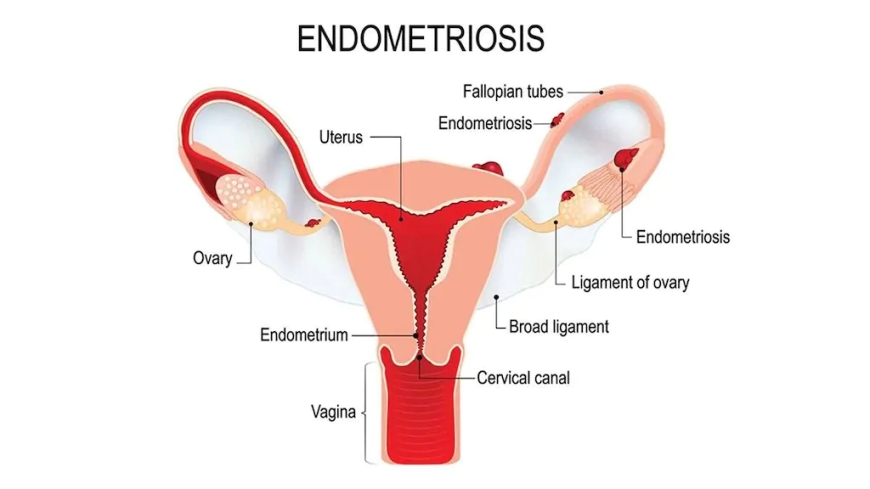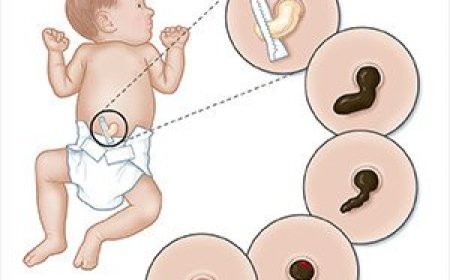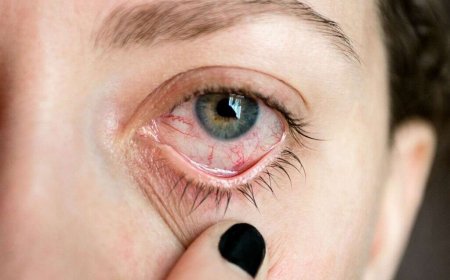Hormone therapy for endometriosis

Introduction:
Endometriosis is a medical condition that affects many women in India, causing pain and discomfort. Hormone therapy is one of the treatment options available to manage endometriosis. In this article, we will discuss the symptoms, classification, causes, and risk factors of endometriosis, and delve into the different types of hormone therapy used to treat this condition. Additionally, we will explain the diagnostic tests and how they help doctors in determining the best treatment. Lastly, we will touch upon complications and prevention techniques related to hormone therapy for endometriosis.
Signs and Symptoms:
Endometriosis is a condition where the tissue that usually lines the inside of the uterus grows outside of it. Common symptoms include:
- Painful periods: Severe pain during menstruation.
- Pelvic pain: Chronic pain in the pelvic region.
- Pain during intercourse: Discomfort during sexual activity.
- Heavy periods: Experiencing excessive menstrual bleeding.
- Infertility: Difficulty in conceiving and becoming pregnant.
What is Hormone Therapy for Endometriosis?
Hormone therapy is a medical approach used to manage endometriosis by regulating hormone levels. It aims to reduce pain, control bleeding, and slow down the growth of endometrial tissue outside the uterus.
How is Hormone Therapy for Endometriosis Classified?
Hormone therapy for endometriosis can be broadly classified into two categories:
-
Hormonal Contraceptives: These include birth control pills, patches, or intrauterine devices. They contain hormones that prevent ovulation, reduce menstrual flow, and alleviate symptoms.
-
Gonadotropin-Releasing Hormone (GnRH) Agonists: GnRH agonists work by temporarily inducing a state similar to menopause, reducing estrogen levels and inhibiting endometrial growth.
Causes and Triggers:
The exact cause of endometriosis is not known, but some potential factors include genetic predisposition and retrograde menstruation (when menstrual blood flows backward into the pelvic cavity). Triggers for endometriosis might include hormonal imbalances, inflammation, and immune system dysfunction.
Risk Factors:
Certain factors can increase the risk of developing endometriosis, such as:
- Family history: If a close female relative has endometriosis, the risk may be higher.
- Early onset of menstruation: Starting periods at a young age may increase the risk.
- Short menstrual cycles: Having more frequent periods could be a risk factor.
- Never giving birth: Women who have not had children may have a higher risk.
- Uterine abnormalities: Certain anatomical issues may increase the likelihood.
Types of Hormone Therapy for Endometriosis:
-
Combined Oral Contraceptives: These pills contain both estrogen and progestin hormones. They regulate the menstrual cycle and reduce pain and bleeding.
-
Progestin-Only Therapy: Progestin-only pills or intrauterine devices release hormones that thin the uterine lining, reducing bleeding and pain.
-
GnRH Agonists: These medications temporarily halt the production of estrogen, leading to symptom relief.
-
Danazol: This synthetic hormone suppresses estrogen and progesterone, reducing endometrial growth.
-
Aromatase Inhibitors: These drugs block the production of estrogen in the body and can help manage endometriosis.
Diagnostic Tests and Treatments:
To diagnose endometriosis, doctors may perform the following tests:
-
Pelvic Exam: A physical examination to check for abnormalities and signs of endometriosis.
-
Ultrasound: Imaging technique to visualize the pelvic organs and detect endometrial implants.
-
Laparoscopy: A minimally invasive surgery to directly view the pelvic cavity and confirm endometriosis.
Complications and Prevention Techniques:
Hormone therapy for endometriosis can have side effects such as weight gain, mood swings, and irregular bleeding. Preventive measures include maintaining a healthy lifestyle, exercising regularly, and managing stress.
Endometriosis is a challenging condition, but hormone therapy provides an effective treatment option for many women in India. By understanding the symptoms, causes, and risk factors, individuals can take proactive steps towards diagnosis, treatment, and prevention, leading to a better quality of life.
What's Your Reaction?
 Like
0
Like
0
 Dislike
0
Dislike
0
 Love
0
Love
0
 Funny
0
Funny
0
 Angry
0
Angry
0
 Sad
0
Sad
0
 Wow
0
Wow
0







































































